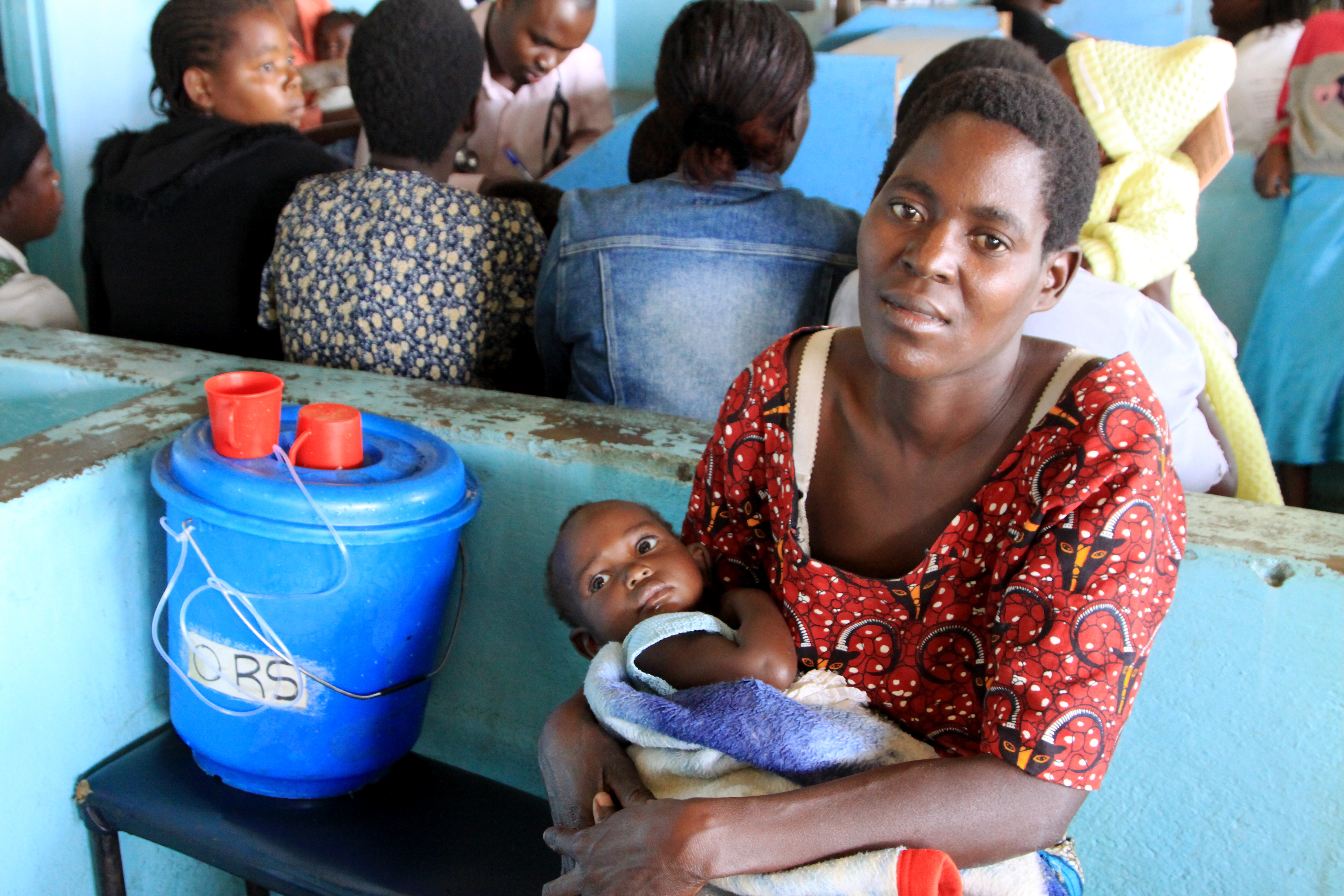“Stop the Diarrhea”
|

This is what caregivers in Kenya and India told researchers is most important to them when choosing treatment for their child. Now, you may be wondering ‘did we need a research study to learn that?' Yes, because of this paradox: the highly effective treatment for diarrhea, oral rehydration solution (ORS), doesn't really “stop the diarrhea.” What it does is help the child ride out the episode and recover more quickly.
The impetus for this research was to better understand why coverage of and demand for ORS remains low in many countries, despites its tremendous therapeutic benefits. Similarly, the team looked at perceptions and use of zinc, another cornerstone treatment to reduce the length and severity of diarrhea episodes.
The results, recently published in the Journal of Global Health, will help inform how we can do a better job of providing and promoting these treatments. On zinc, the data suggest that “treatment regimens remain unwieldy and unrealistic, perhaps unnecessarily.” Regarding ORS, the researchers learned that “Caregivers feel that the recommended dosing of ORS is impractical and overly ambitious, and they are giving less” and suggest that it would be useful to come up with a more practical yet effective dose.
The caregivers' concern that the ORS liquid is too much for a child to take really resonated with me. I remember how challenging it was to keep pushing liquids when my infant son was very sick with diarrhea. I was grateful that I could make a call to a nurse whose guidance helped me. Would that parents and other caregivers everywhere can easily access the support and reassurance they need. Absent that, factoring their real-world concerns and needs into the dosing regimens is a great start.
Photo credit: PATH














